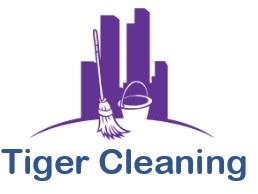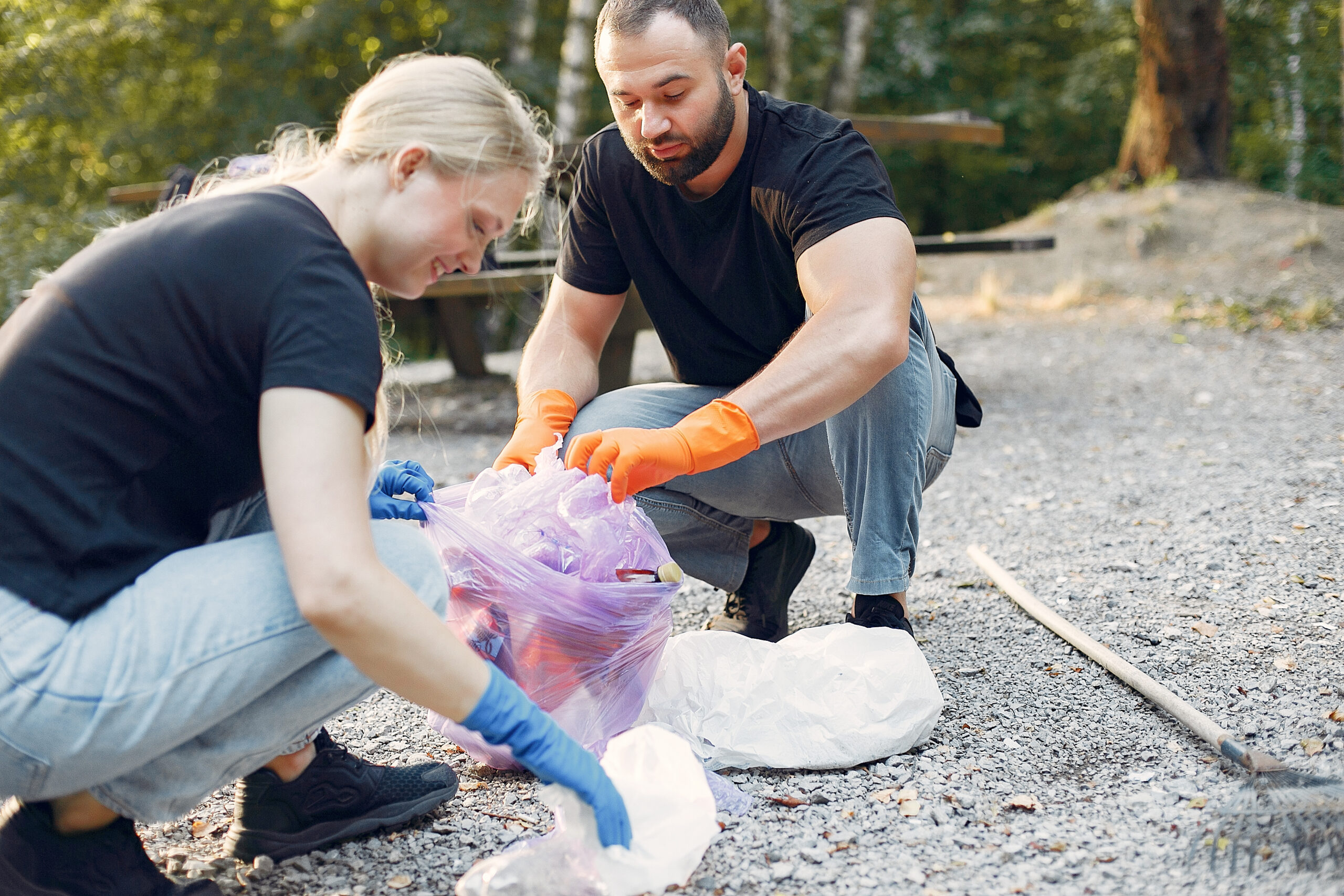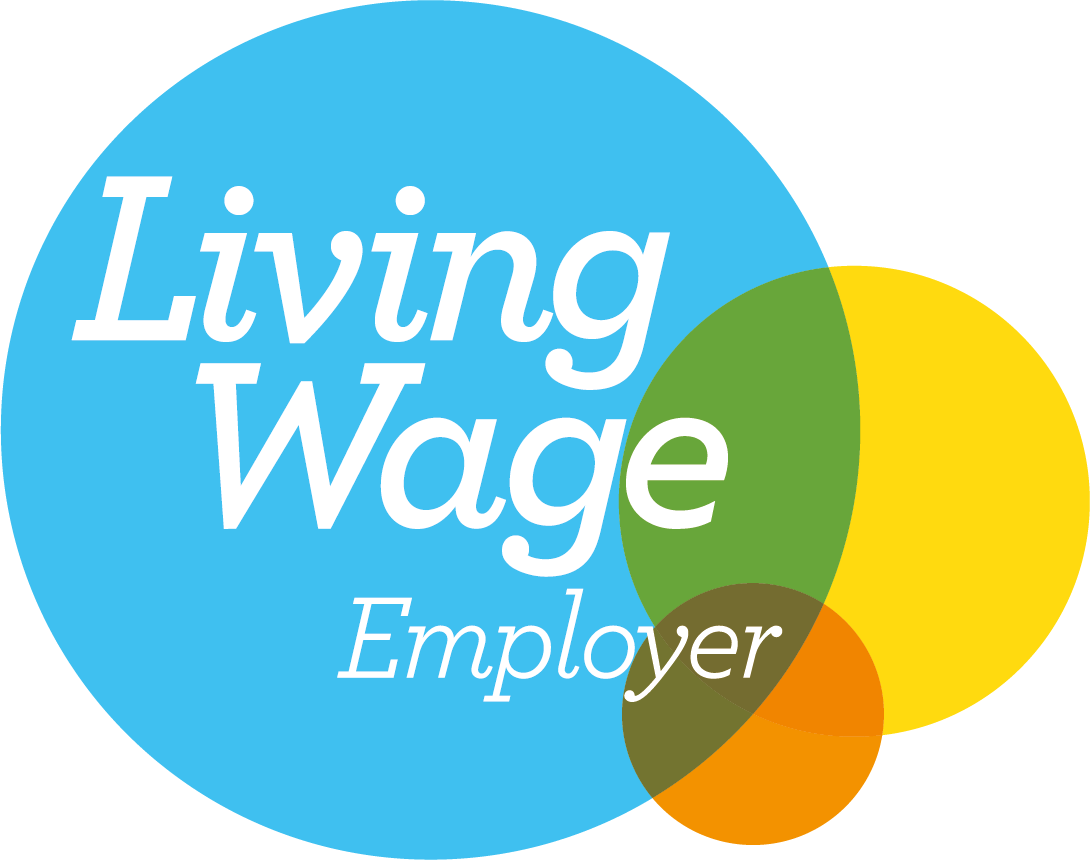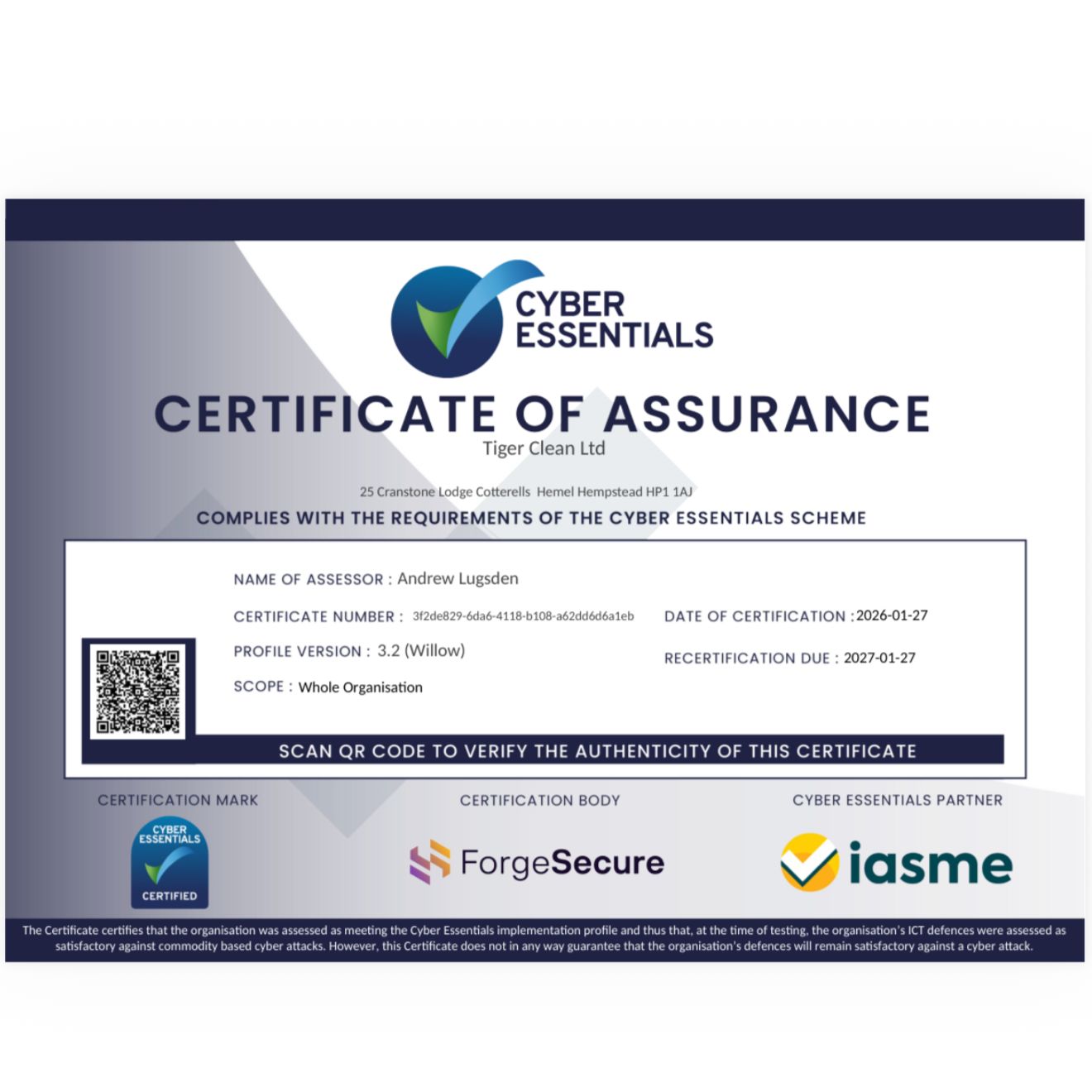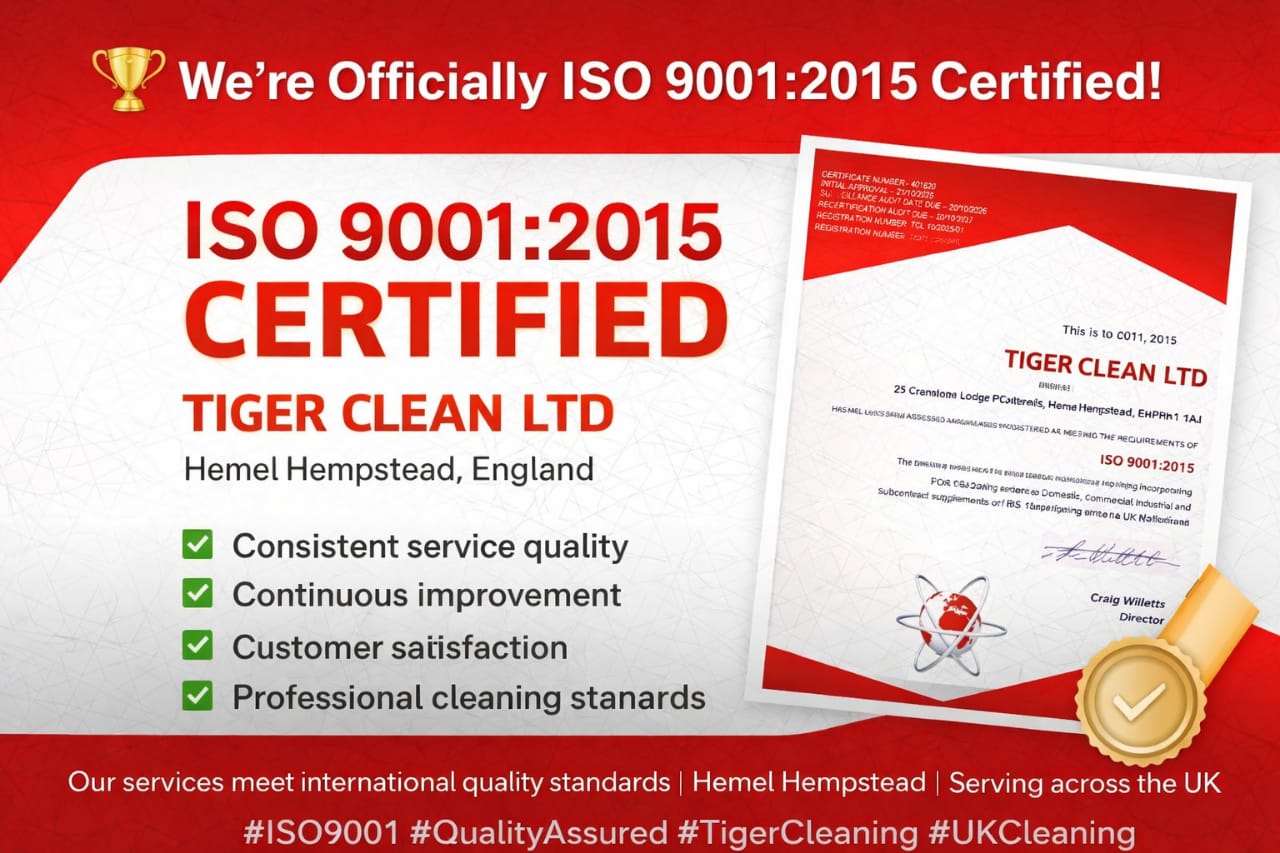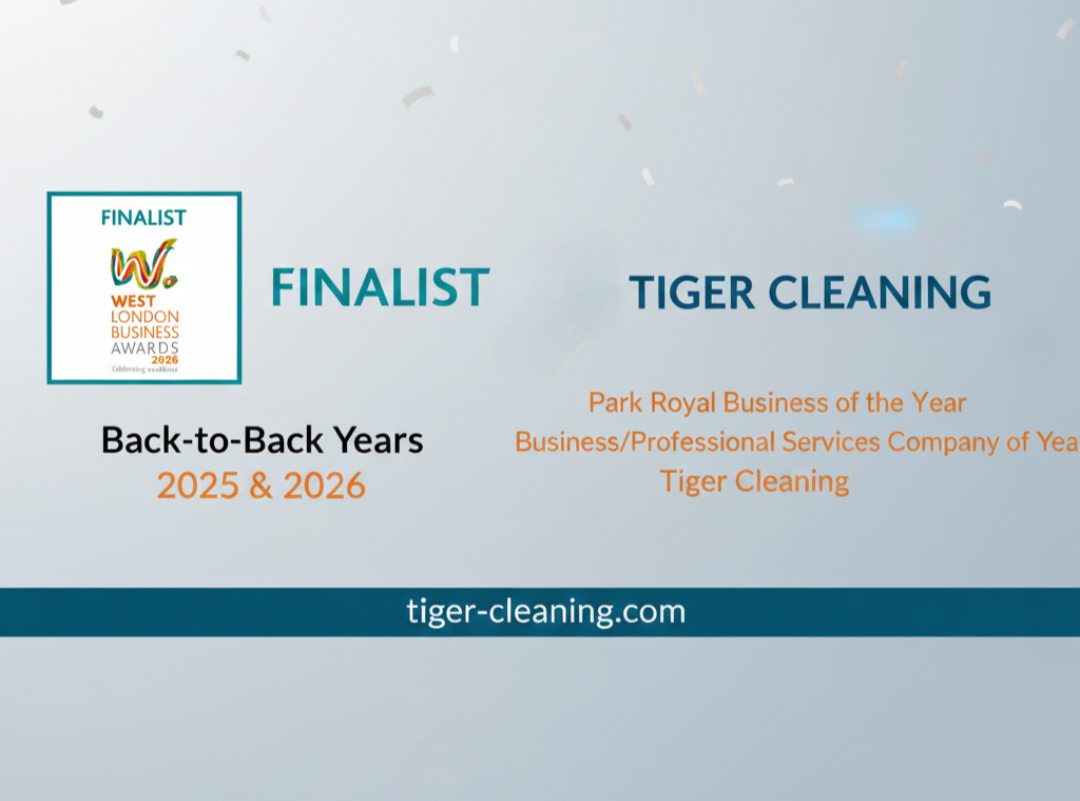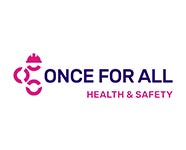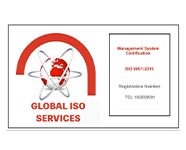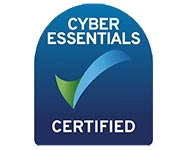Life in a bustling city like London can be unpredictable. When tragedy or an unforeseen incident strikes – whether it’s a crime scene, an unattended death, or a serious accident – the aftermath extends far beyond emotional distress. It often leaves behind unseen biohazards: dangerous biological substances that standard cleaning methods simply cannot tackle.
This is precisely where professional trauma and biohazard cleaning services become indispensable. This comprehensive guide will illuminate WHY these specialized services are vital for public health and safety in London, HOW expert teams meticulously restore affected environments, and WHO relies on these critical interventions to bring peace of mind to individuals, families, and businesses across the capital.
WHY Professional Trauma & Biohazard Cleaning is Non-Negotiable in London
The need for specialist cleaning goes beyond aesthetics; it’s fundamentally about health, safety, and legal compliance.
The Invisible Dangers: Understanding Biohazards
Biohazards are biological substances that pose a significant threat to human health, animal health, or the environment. These are not merely unpleasant messes but serious health risks that can lead to infection and disease if not handled correctly.
Common biohazardous materials requiring professional attention include:
- Blood and Bodily Fluids: This encompasses blood, urine, faeces, vomit, gastric enzymes, and other human bodily fluids. Under UK law (Control of Substances Hazardous to Health Regulations Act 2002), these are all classified as biohazards.
- Pathogens: Dangerous microorganisms such as HIV, Hepatitis B & C, H1N1, MRSA, C. difficile, E-coli, Salmonella, and Legionella pneumophilia.
- Decompositional Fluids & Human Tissue: Resulting from unattended deaths.
- Hazardous Sharps: Needles, syringes, and other drug paraphernalia.
- Animal Waste: Such as bird guano (excrement), dead rodents, and other pest-related biohazards that carry dangerous pathogens.
- Mould and Fungi: Especially in large or toxic quantities.
- Sewage and Flood Contaminants: Overflowing sewage or floodwaters often contain dangerous bacteria and viruses.
Attempting to clean these areas without proper training, equipment, and protocols exposes individuals to severe risks of infection and cross-contamination.
Beyond the Stain: Legal & Health Imperatives
In the UK, the cleanup and disposal of blood and other bodily fluids are strictly regulated. Key legislation includes the Health and Safety at Work Act 1974, the Control of Substances Hazardous to Health (COSHH) Regulations 2002, and the Environmental Protection Act 1990. These laws dictate stringent guidelines for safe handling, disinfection, and proper disposal of hazardous waste.
It’s crucial to understand that emergency services (police, ambulance) do not typically handle the cleanup and restoration of a scene once their immediate duties are complete. The responsibility for specialized cleaning falls to the property owner, landlord, next of kin, or executor. Professional services ensure full compliance, preventing legal repercussions and protecting those responsible.
Restoring More Than Just a Space: Emotional & Psychological Impact
Traumatic events, such as suicides, unattended deaths, or violent crimes, leave not only physical contamination but also a profound emotional and psychological impact. Dealing with the aftermath can be overwhelming and re-traumatizing for those affected. Professional trauma cleaners understand this sensitive nature, offering a discreet, compassionate, and non-judgmental service that allows individuals to grieve and recover without the added burden of cleanup.
HOW Trauma & Biohazard Cleaning Professionals Operate
Professional trauma and biohazard cleaning is a highly skilled process requiring specialized expertise and equipment.
A Meticulous Process for Complete Restoration
When you engage professional trauma and biohazard cleaners, you can expect a structured and thorough process designed for safety and efficacy:
- Rapid, Discreet Response: Many London services offer 24/7 emergency call-outs, understanding the urgency of these situations. They often aim for rapid arrival times (e.g., within 60 minutes) and use unmarked vehicles to ensure discretion and client privacy.
- Thorough Risk Assessment & Site Containment: Upon arrival, experts assess the scene, identify all potential hazards, and establish safety perimeters to prevent cross-contamination to other areas of the property.
- Safe Removal & Disposal: All biohazardous materials, contaminated porous items (like carpets, furniture, and certain building materials), and general waste are meticulously removed. This waste is then securely packaged and transported to licensed facilities in strict adherence to UK clinical waste disposal regulations.
- Deep Cleaning & Decontamination: Using hospital-grade disinfectants, specialized solvents (to tackle dried fluids), and industrial cleaning technology, every affected surface is thoroughly cleaned. This process is designed to kill pathogens like MRSA, C. difficile, and E-coli, restoring affected areas to a safe, liveable condition.
- Odour Control & Air Purification: Lingering, distressing odours often accompany biohazardous scenes. Professionals use advanced techniques such as ozone treatments, thermal fogging, and air purification products to eradicate odours at their source, not just mask them.
- Verification of Cleanliness: Reputable companies may utilize Adenosine Triphosphate (ATP) testing to confirm the complete eradication of microbial and biological contaminants, ensuring the area is truly sanitized.
- Restoration & Certification: Beyond cleaning, many services can coordinate minor repairs or restoration to return the property to its pre-incident condition. Upon completion, a certificate of hygiene or decontamination may be provided for your records and peace of mind.
The Tools of the Trade: Specialized Equipment & Expertise
These aren’t your average cleaning supplies. Trauma cleaning requires a robust arsenal:
- Industrial Personal Protective Equipment (PPE): Full-body suits, respirators, gloves, and eye protection are essential for technician safety.
- Advanced Disinfectants: Hospital-grade, broad-spectrum disinfectants proven effective against a wide range of pathogens.
- Specialized Solvents: Designed to break down and release dried blood and bodily fluids from various surfaces.
- Air Purification & Odour Neutralization Systems: Including HEPA air scrubbers, ozone generators, and thermal fogging machines.
- No-Touch Cleanup Systems & Injection-Extraction Machines: For efficient and thorough cleaning of surfaces and porous materials.
Critically, the human expertise behind these tools is paramount. Technicians undergo extensive training from organizations like the National Academy of Crime Scene Cleaning (NACSC) and often hold certifications such as RSPH (Royal Society for Public Health), ensuring they adhere to the highest industry standards and safety protocols.
The Human Touch: A Trauma-Informed Approach
Recognizing the profound sensitivity of their work, leading trauma cleaning professionals adopt a “Trauma-Informed Approach.” This means:
- Empathy and Compassion: Teams are trained in emotional intelligence to interact respectfully and gently with clients, especially grieving families or individuals in vulnerable situations.
- Discretion: Unmarked vehicles and plain uniforms are often used, and confidentiality is strictly maintained, to minimize distress and protect privacy.
- Support: Providing a stress-free service during difficult times, allowing clients to focus on emotional recovery while the physical restoration is expertly managed.
WHO Benefits from These Critical Services in London
The clientele for trauma and biohazard cleaning services is diverse, encompassing anyone who encounters a situation beyond the scope of standard cleaning.
Diverse Clientele Requiring Specialist Care
- Private Individuals & Families: Coping with the aftermath of unattended deaths, suicides, domestic accidents, or infectious disease outbreaks in their homes.
- Landlords & Property Managers: Dealing with void property cleanups, hoarding clearances, or end-of-tenancy situations involving biohazards.
- Businesses & Commercial Properties: Requiring cleanup after industrial accidents, crime scenes (e.g., break-ins involving blood), infectious disease decontamination, or even police cell and emergency vehicle cleanup.
- Public Sector Organizations: Including police forces, NHS facilities, social services, and local councils who often manage properties or incidents requiring specialized biohazard remediation.
Choosing the Right Partner for Trauma & Biohazard Cleaning in London
When facing a biohazardous situation, selecting a reputable and competent service provider is paramount. Look for these key attributes:
- Accreditations & Training:
- Membership with recognized bodies like the National Academy of Crime Scene Cleaning (NACSC) or the National Academy of Specialist Cleaners (NASC).
- RSPH qualified technicians.
- Environment Agency licenses for hazardous waste disposal.
- Experience & Reputation: A proven track record in handling a wide range of diverse and sensitive incidents, backed by strong client testimonials.
- 24/7 Emergency Response: The ability to respond swiftly to urgent situations, often with guaranteed rapid arrival times.
- Discreet & Compassionate Service: An unwavering commitment to client privacy, sensitivity, and a non-judgmental approach.
- Comprehensive Service Offering: Companies that can handle everything from crime scenes and unattended deaths to hoarding and pest infestation aftermath.
- Full Insurance & Regulatory Compliance: Ensuring that they are fully insured for biohazard services (including public and employer’s liability) and operate in full accordance with all UK legal requirements.
Key Statistics & Market Impact
The demand for trauma and biohazard cleaning services in the UK is experiencing significant growth, driven by increased awareness of health risks and stringent regulatory focus.
| Statistic | Detail |
|---|---|
| UK Decontamination Market | Projected to reach £518.1 million by 2030 |
| CAGR (2025-2031) | 10.3% for UK decontamination services; 6.6% for global trauma cleaning market |
| Emergency Response | Many London companies aim for 60-minute response times for urgent call-outs |
Mini FAQ: Your Questions Answered
Q1: What exactly is biohazard cleaning?
A1: Biohazard cleaning involves the safe removal, cleaning, disinfection, and proper disposal of biological substances that pose a health risk, such as blood, bodily fluids, human tissue, and pathogens. It extends far beyond standard cleaning to neutralize invisible threats and restore an environment to a safe, hygienic state.
Q2: Who is responsible for cleaning up after a traumatic incident in London?
A2: Once emergency services (police, ambulance) have completed their duties and left the scene, the responsibility for specialized cleanup typically falls to the property owner, landlord, next of kin, or executor. In the UK, there is no specific government service for this aspect of post-incident care.
Q3: How quickly can a trauma cleaning service respond in London?
A3: Many professional trauma and biohazard cleaning companies in London offer 24/7 emergency response services. Many aim to be on-site within 60 minutes for urgent situations to mitigate further risks and damage.
Q4: Is trauma cleaning typically covered by insurance?
A4: In many cases, specialized cleaning services for incidents such as unattended deaths, suicides, crime scenes, or serious accidents can be covered by standard home or business insurance policies. It is always advisable to check directly with your insurance provider to understand your coverage.
Q5: What accreditations should I look for in a trauma cleaning company?
A5: Look for companies with technicians trained by recognized industry bodies such as the National Academy of Crime Scene Cleaning (NACSC) or the National Academy of Specialist Cleaners (NASC). Additionally, ensure they hold the necessary licenses from the Environment Agency for the legal disposal of hazardous waste.
Conclusion: Ensuring Safety and Peace of Mind in London
Trauma and biohazard cleaning is a vital, highly specialized service that plays an indispensable role in maintaining public health, ensuring legal compliance, and providing crucial emotional relief during difficult times. The complexities of biohazardous situations demand the expertise, discretion, and advanced equipment that only trained professionals can provide.
If you are ever facing a biohazardous situation in London, remember that attempting to handle it yourself is not only unsafe but also emotionally taxing and potentially legally non-compliant.
Trust Tiger Cleaning’s experienced, accredited, and compassionate professionals to restore your property safely, efficiently, and discreetly. Contact us 24/7 for expert assistance and the peace of mind you deserve.
